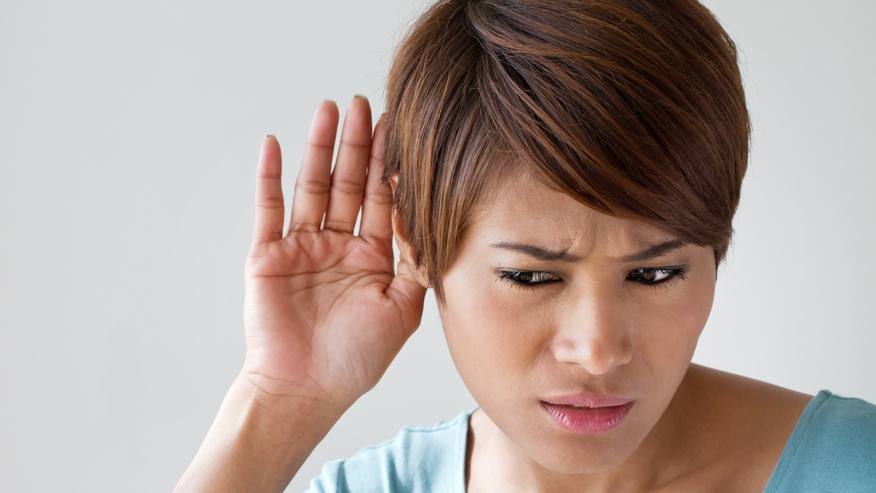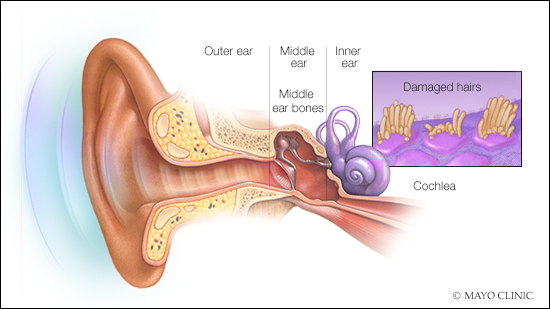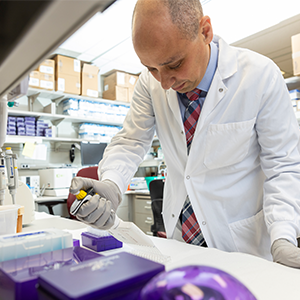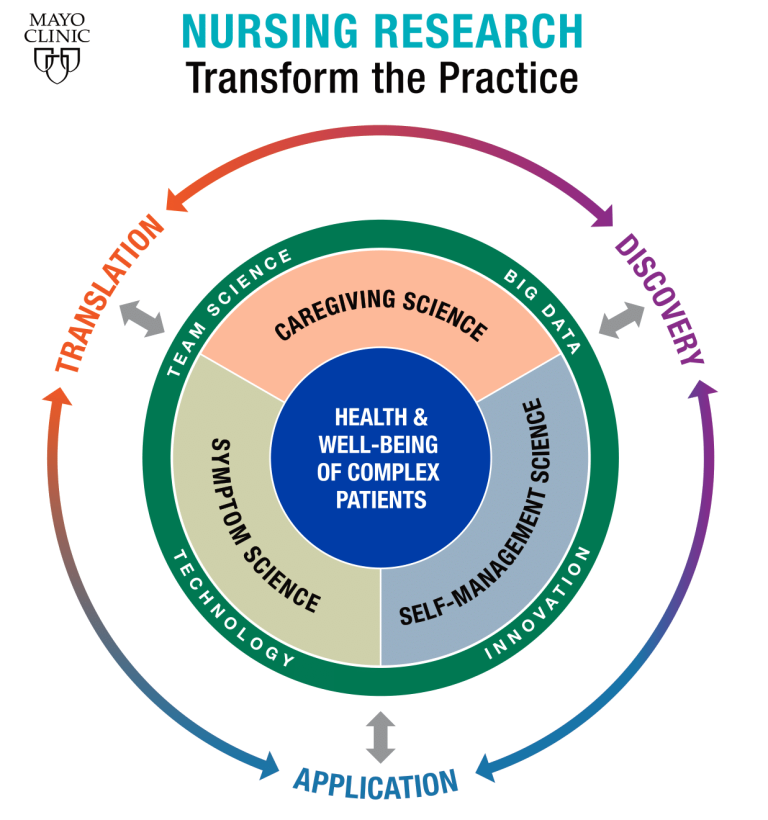-
Connecting with questions about hearing loss

Hearing loss that occurs gradually as you age (presbycusis) is common. About one-third of people in the United States between the ages of 65 and 75 have some degree of hearing loss. For those older than 75, that number is approximately 1 in 2.
Hearing loss is defined as one of three types:
- Conductive (involves outer or middle ear)
- Sensorineural (involves inner ear)
- Mixed (combination of the two)
Aging and chronic exposure to loud noises both contribute to hearing loss. Other factors, such as excessive earwax, can temporarily reduce how well your ears conduct sounds.
You can't reverse most types of hearing loss. However, you and your health care provider or a hearing specialist can take steps to improve what you hear.

Signs and symptoms of hearing loss may include:
- Muffling of speech and other sounds
- Difficulty understanding words, especially against background noise or in a crowd
- Trouble hearing consonants
- Frequently asking others to speak more slowly, clearly and loudly
- Needing to turn up the volume of the television or radio
- Withdrawal from conversations
- Avoidance of some social settings
Would you like to join a discussion and meet people living with hearing loss? You can ask your questions or share your story on Mayo Clinic Connect.
Connect here with those who have hearing loss.
Comment from a Mayo Clinic Connect member: "For me, hearing loss has always been a part of my life. Those darn hearing tests in elementary school always put me in the category of hearing loss. Now, that I am much older, in my late 50s my hearing loss is profound. How has it affected you?"
When to seek medical help
If you have a sudden loss of hearing, particularly in one ear, seek immediate medical attention.
Talk to your health care provider if difficulty hearing is interfering with your daily life. Age-related hearing loss occurs gradually, so you may not notice it at first.
Related posts:
Mayo Clinic Minute: What is hearing loss?
Mayo Clinic Minute: Can you slow age-related hearing loss?
Mayo Clinic Minute: Signs your child might have hearing loss
Mayo Clinic Q and A: Correcting hearing loss can help keep older adults engaged in life







